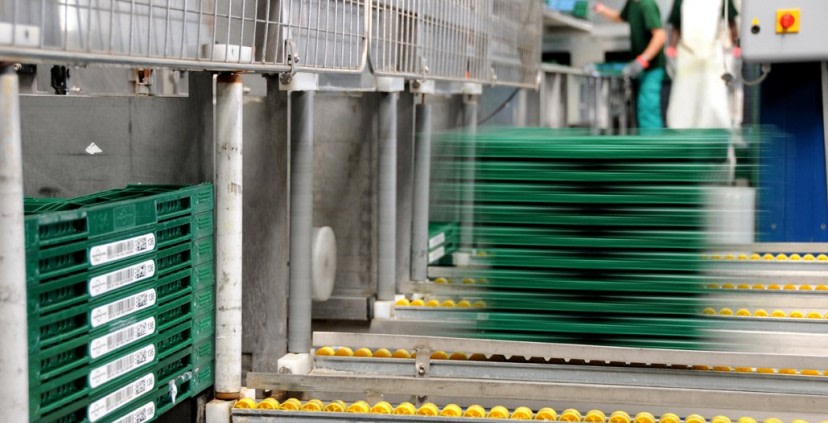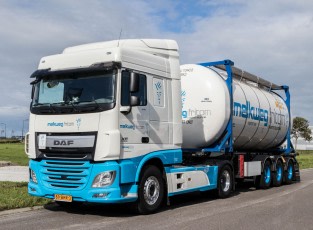How to build a shared vision for a complex recycling project?
Euro Pool System is a leading logistics provider of reusable packaging for the fresh food supply chain in Europe. With its tray pooling services Euro Pool System not only helps to optimise the supply chain, but also works towards a sustainable future. The company is on the verge of making an important sustainability step by recycling its old trays for the production of new trays. This process has been facilitated by P2.
It sounds so simple: grind up your old trays and use the plastic granules to make new trays that your company can use again. But Mike de Scheemaker of P2 knows better. He facilitated the change processes within the Euro Pool System company (EPS) to make this recycling project possible. “The idea of recycling old trays had been around for a while, and EPS had started to further explore the idea together with the tray manufacturer,” says Mike. The challenge was to get the most important stakeholders involved and committed to this change process. This required structured preparation and decision-making processes and a joint exploration of the opportunities. An important catalyst in this process was that a significant supply of high-quality granulate would soon become available as various EPS tray types were being replaced. Due to the high quality of these old trays, the plastic granulate produced from these trays could serve as direct input for the production of new trays.
Quality and hygiene
EPS is going to replace its rigid trays with folding trays. These old trays will be granulated to provide the raw material for producing new EPS trays. The production of these new trays is subject to strict requirements, with high standards for quality, safety and hygiene. For example, the trays must be food-safe to allow transportation of unpackaged fresh foods. In addition, the trays must be strong and sturdy enough to transport fruit and vegetables for many years. “As an organisation, you want to ensure that your quality standards are met at all times. Thus, the new tray production process needs to be thoroughly tested first,” says Mike.
Another challenge is that the use of recycled materials is currently less attractive for the plastics market: due to the low oil prices during the corona pandemic, the price difference between new (oil-based) and recycled material for plastic production has become negligible. Nevertheless, Mike is convinced that the time is ripe for EPS to implement its tray recycling programme, as this step is key to making the company’s organisational processes more sustainable. “To implement this step, it was important to build a shared vision for tray recycling. I was able to contribute to this process, by facilitating discussions between various parties within the EPS company to increase support for a shared vision of a sustainable future.”
Closed loop
In 2021, EPS will start producing new folding trays from recycled old trays. “I contributed to this process by providing direction and structure, and creating room for developing a sustainable perspective for EPS and its customers,” says Mike. “The great thing about EPS is that the company works with a return logistics distribution system, where the organisation manages the entire chain from beginning to end and back again. The use of recycled trays is a wonderful example of closed-loop recycling, where material is reused over and over again, without any loss of quality! I am glad/proud that P2 has been able to contribute to this process.”




